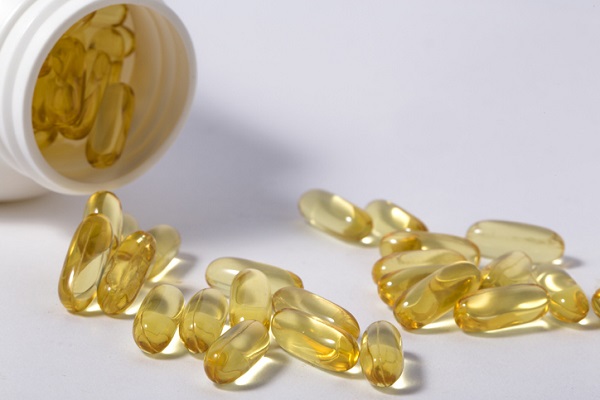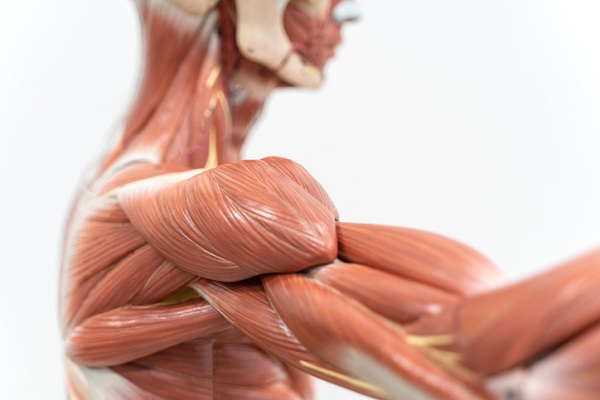
Fish oil is a great source of omega-3 fatty acids, known to boost heart health and reduce the risk of cardiovascular disease. Fish oil is also used for recovery in athletes. Since the human body requires omega-3s, they are a good idea to consciously incorporate into a diet in general.
For physical activity and recovery, the anti-inflammatory acids also reduce muscle breakdown, so this has a valuable effect on recovery. In particular with clients who are injured, fish oil can enhance the body’s ability to preserve muscle tissue while not in use. Read on for more about fish oil and how it can boost recovery!
If You’re in Sport and Nutrition Training You Should Know About Muscle Loss
Muscle loss is a very de-motivating and unfortunate part of getting injured or taking time off from training. For a lot of clients, it can be quite discouraging to see that their muscle tissue is reducing, especially since they are already probably uncomfortable in other ways. Fish oil supplements or the adequate amount of fatty fish can be a way to reduce muscle loss, so that injuries don’t cause too much regression in fitness level and strength.
- Omega 3 fatty acids stimulate muscle protein synthesis
- Muscle protein synthesis is how the body creates muscle mass
- This is an anabolic process that builds tissue, as opposed to a catabolic process that breaks tissue down

Fish oil can make it easier for clients to reach muscle-building goals, like developing their shoulders
If you’re in sport and nutrition training, you will likely find that you develop deep concern for your clients’ wellbeing, both physical and mental. Being able to recover speedily and properly from injuries or unexpected health issues can be very good for mindset and motivation.
Students in Nutrition and Health Programs Understand Supplements and Food
Clients may choose to consume fish oil supplements if they want to use it for muscle building and recovery, but they can also get their omega-3s directly from eating fish. In your program you will learn about supplements and their mechanisms. You’ll also understand how different nutrients can be obtained from specific foods.
Food sources of fish oil for omega-3s include:
- Salmon
- Sardines
- Mackerel
- Herring
- Albacore Tuna
- Lake Trout
These are fatty fish—low fat fish like cod, haddock, and flounder are not useful for the purpose of omega-3s in a diet. For vegetarian or vegan clients, there are plant sources of these acids as well, such as:
- Chia seeds
- Walnuts
- Soybean oil
- Avocadoes

Walnuts are a plant-based source of omega-3 fatty acids, for clients who don’t eat fish
Post-Workout Muscle Recovery Is Key After Nutrition and Health Programs
Recovery isn’t just for injured athletes or clients. Since muscle protein synthesis is encouraged by omega-3 fatty acids, it helps repair the tears that appear in muscles after working out. When clients train their muscles, they cause micro damage that, when healed, leads to hypertrophy and strength-building. Bodies compensate for loads placed on them, but extra efforts like consuming fish oil can make that process even more effective.
The anti-inflammatory properties of omega-3s can also reduce muscle soreness, for clients who do high-intensity lifting or other training that is quite taxing. After nutrition and health programs, many students design exercise programs—these need to include rest days or recovery periods. Better recovery means that rest days are optimized and they are better able to return to the training style they love afterwards. This can also serve to keep clients motivated to exercise, as they don’t associate it with uncomfortable pain the next day or two.

Once a workout is done, it’s time for your clients to recover
Are you looking for a nutrition diploma program in Ontario?
Contact AAPS to learn more.



